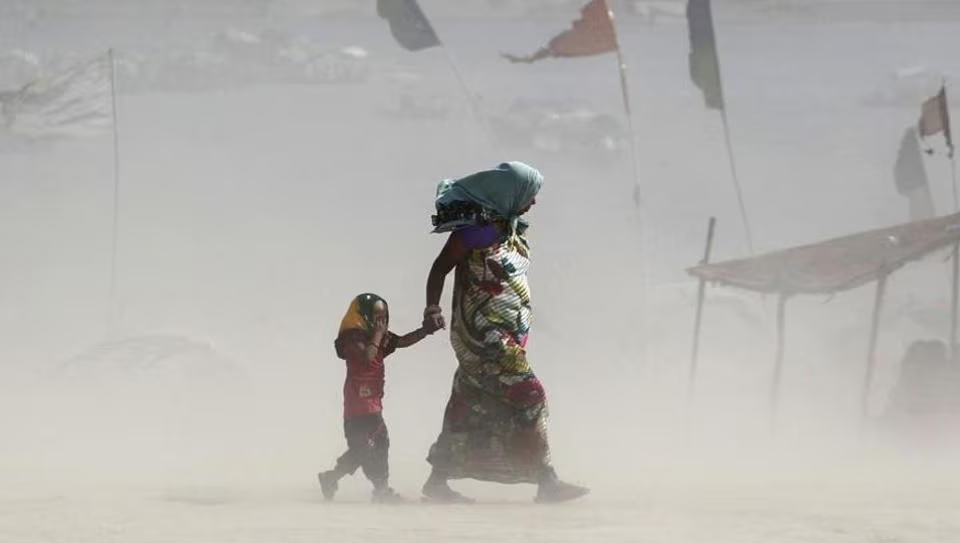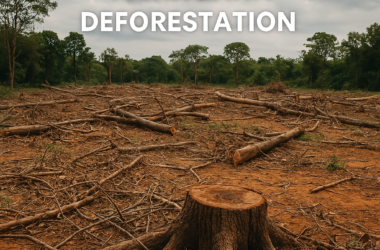Maharashtra, renowned for its diverse landscapes and vibrant culture, faces an annual ordeal that silently ripples through its cities and villages: heat waves. These extreme weather events, characterized by prolonged periods of excessively high temperatures, have become increasingly frequent and severe in recent years due to climate change. While the scorching heat may seem like a seasonal inconvenience, its effects on public health are profound and often underestimated. In this blog post, we delve into the dynamics of heat waves in Maharashtra and shed light on the intricate interplay between rising temperatures and human well-being.
Understanding Heat Waves in Maharashtra
Maharashtra, nestled in the western region of India, experiences a subtropical climate with distinct summer and monsoon seasons. During the summer months, particularly from March to June, temperatures soar to staggering levels, exacerbated by factors such as urbanization, deforestation, and industrialization. These soaring temperatures, coupled with low humidity levels, create ideal conditions for the formation of heat waves. Unlike other natural disasters, heat waves unfold gradually, stealthily engulfing communities in a sweltering embrace. While the exact threshold for defining a heat wave varies across regions, it generally entails temperatures exceeding the 90th percentile of the historical distribution for a prolonged period, typically three days or more.
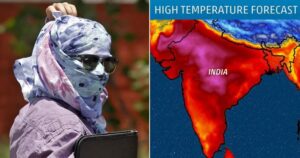
Impact on Public Health
The repercussions of heat waves on public health are multifaceted and far-reaching, posing a significant challenge to healthcare systems and communities alike. One of the most immediate threats is heat-related illnesses, ranging from heat cramps and exhaustion to heatstroke, a life-threatening condition characterized by the body’s inability to regulate its temperature. Vulnerable populations, including the elderly, children, pregnant women, and individuals with pre-existing medical conditions, are particularly susceptible to heat-related ailments. Moreover, prolonged exposure to high temperatures can exacerbate chronic health conditions such as cardiovascular diseases and respiratory disorders, leading to increased hospitalizations and mortality rates.
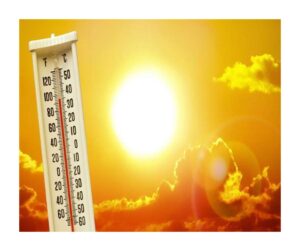
Mitigation Strategies and Adaptation Measures
In light of the escalating risks posed by heat waves, proactive measures are imperative to safeguard public health and enhance resilience in communities across Maharashtra. Mitigation strategies encompass a spectrum of interventions, ranging from enhancing urban green spaces and implementing heat-resilient infrastructure to promoting awareness campaigns on heat-related risks and preventive measures. Additionally, targeted interventions are essential to protect vulnerable populations, including the provision of cooling shelters, outreach programs for at-risk communities, and early warning systems to alert residents of impending heat waves. Embracing sustainable practices, such as reducing carbon emissions and promoting renewable energy sources, is paramount to addressing the root causes of climate change and mitigating the frequency and intensity of heat waves in the long term.
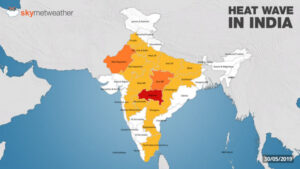
Conclusion
In conclusion, heat waves in Maharashtra represent a pressing public health concern with far-reaching implications for human well-being and societal resilience. As temperatures continue to rise in the wake of climate change, concerted efforts are needed to mitigate the impact of heat waves and build adaptive capacity in communities. By fostering collaboration among stakeholders, leveraging technological innovations, and prioritizing the needs of vulnerable populations, we can strive towards a future where the scorching heat of summer no longer casts a shadow of fear over Maharashtra’s inhabitants. Together, let us embark on a journey towards climate resilience and safeguard the health and prosperity of generations to come.
Utpal Khot
Copyright © Utpal K
1. If you share this post, please give due credit to the author Utpal Khot
2. Please DO NOT PLAGIARIZE. Please DO NOT Cut/Copy/Paste this post
© Utpal K., all rights reserved.
Copyright Notice: No part of this Blog may be reproduced or utilized in any form or by any means, electronic or mechanical including photocopying or by any information storage and retrieval system, without permission in writing from the Blog Author Utpal Khot who holds the copyright.
